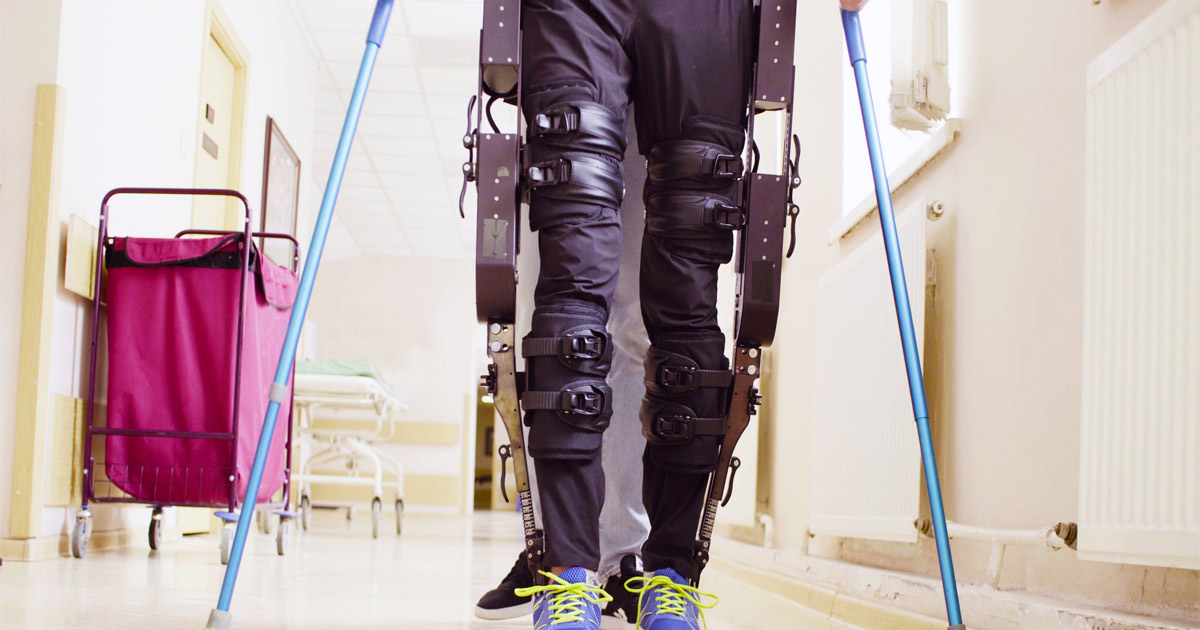Being paralyzed after a car accident is life-changing, whether temporary or permanent. No one ever expects it to happen, and the aftermath can include using a wheelchair, frequent physician and therapist appointments, overwhelming medical bills, and pain and suffering.
Paralysis can occur when the spinal cord, its nerves, or the brain is impacted in a car accident. Since catastrophic injuries impair a person’s neck, brain, or spinal cord, paralysis falls under this umbrella. These are the five main types that car accident survivors might experience:
- Diplegia: Paralysis of both arms or legs.
- Hemiplegia: Paralysis of a leg and arm on the same side of the body.
- Monoplegia: Paralysis of just one limb.
- Paraplegia: Paralysis of both legs. This may also include lower body parts like the hips.
- Quadriplegia: Paralysis of the arms and legs.
Paralysis can be partial or complete. Some car accident survivors have reduced sensation and movement, while others have none. Internal organs like the lungs, bowel, and bladder can also be affected, as can sexual function.
What Are the Symptoms of Paralysis?
Paralysis might not present symptoms immediately following an accident, so seeking treatment as soon as possible after a crash is vital. The signs could include difficulty breathing, spasms, bladder or bowel control loss, pain, numbness, and significant back, neck, or head pressure. Other symptoms include unnatural head or neck positioning and the inability to feel touch, hot, or cold.
Emergency providers place survivors on rigid backboards at the accident scene and use rigid collars to prevent further spinal cord damage. At the emergency room, the injuries are diagnosed through X-rays, MRIs, and CTs. These patients are also at risk for breathing problems, pneumonia, circulatory problems, and other complications. It is also common for them to become depressed once they discover their injuries’ seriousness.
How Is Paralysis Treated?
Depending on the nature of the injuries, individuals paralyzed in car accidents may benefit from rehabilitative therapy that helps them regain some mobility. Others need adaptive equipment like wheelchairs, ramps, and stability bars. They may need to renovate their homes or use equipment to help them at work.
Besides physical and occupational therapy, paralysis patients often attend educational or vocational training that teaches them new lines of work. Reduced sensation and mobility can make it impossible to perform specific tasks, but they may be well-suited for others. Car accident survivors with permanent paralysis can expect long-term medical needs and related expenses – some cannot return to work in any capacity.
If you were paralyzed from a car accident, get a police report and document every expense. It may be best to consult an attorney before contacting insurance providers, especially if another driver may have caused the crash.
Philadelphia Car Accident Lawyers at McCann Dillon Jaffe & Lamb, LLC Can Fight to Protect Your Rights if You Were Paralyzed in a Car Accident
Facing paralysis after a car accident can be devastating, but you have certain rights by law and may be entitled to significant compensation. Contact our Philadelphia car accident lawyers at McCann Dillon Jaffe & Lamb, LLC to learn more. Complete our online form or call us at 215-569-8488 to schedule a free consultation. Located in Philadelphia and Abington, Pennsylvania, and Wilmington, Delaware, we serve clients in the surrounding areas.


